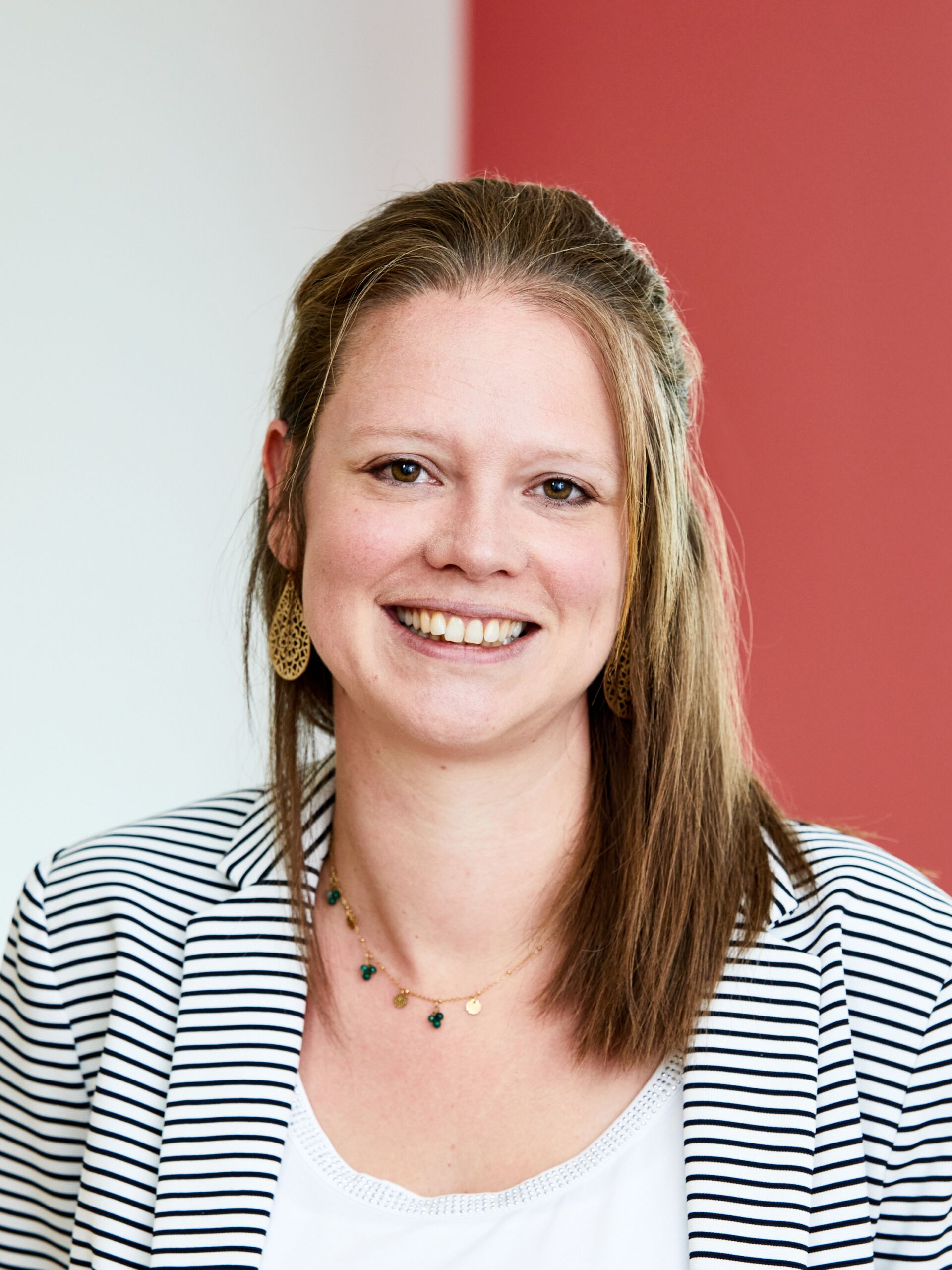- Nu.Q® Technology
Our technology detects characteristic epigenetic changes in nucleosomes that occur from the earliest stages of cancer, sepsis and other diseases.
-
- Our Tests
- Human Health
- Nu.Q® NETs
Nu.Q® NETs is a groundbreaking CE-marked diagnostic solution that clinicians can use to detect NETosis.
- Nu.Q® Discover
Buy our Nu.Q® Discover H3.1 Research Use Only Assay
- Animal Health
- Nu.Q® Vet Cancer Test
Nu.Q® Vet Cancer Test is an affordable, accessible blood test that detects cancer in dogs.

We spoke to Volition’s Head of Translational Science Unit, Priscilla Van den Ackerveken about her role dedicated to Non-Hodgkin Lymphoma research.
Non-Hodgkin Lymphoma (NHL) is a type of cancer that forms in the lymph system. There are approximately 545k new cases and 260k deaths every year worldwide, with survival rates improving in high-income countries, but remaining variable globally.
Tell us a little bit about your role at Volition?
I lead a passionate team of researchers striving to accelerate the translation of cutting-edge research into innovative diagnostics tools that could address unmet medical needs.
With the support of our R&D Director – and in collaboration with our interdisciplinary team and external partners – I oversee the direction of our research, ensuring alignment with our organization’s goals and objectives.
Your work focuses on non-Hodgkin Lymphoma. Why is it important?
Our translational research covers a wide range of pathologies, including sepsis, lung cancer, glioblastoma, and non-Hodgkin Lymphoma.
Non-Hodgkin Lymphoma is renowned for its diverse subtypes and treatment responses, making innovative approaches to diagnosis and therapy monitoring necessary.
Identifying biomarkers for non-Hodgkin Lymphoma is vital to facilitate early detection and inform treatment selection, to potentially improve outcomes for patients facing this complex disease.
On a personal level, I know several people whose lives have been impacted by lymphoma. Having seen the challenges they endure with invasive diagnostic procedures and lengthy treatment processes, I’m committed to finding more effective solutions.

How does Volition approach translational research in the context of NHL?
We dedicate ourselves to uncovering novel biomarkers. Focusing specifically on NHL, we are proactively collecting blood samples at various treatment intervals, including at the point of diagnosis. Subsequent analysis of the samples involves an exhaustive examination of circulating nucleosome structure, encompassing both DNA composition and accompanying post-translational modifications of the histones.
Leveraging our pioneering Nucleosomics™ platform, we use Nu.Q® Capture – Mass Spectrometry to decode epigenetic modifications associated with circulating nucleosomes. Our recent breakthroughs, including the discovery of epigenetic markers, have been highlighted in Scientific Reports, a peer-reviewed publication within the Nature Journal group.
What strategies do you employ to ensure your findings can be translated into potential benefits for patients?
Firstly, we align our research methodologies with clinical need, using our innovative Nucleosomics™ platform to identify new biomarkers. Then we rigorously validate our findings to ensure robustness and clinical relevance. As a wider team, we then develop Nu.Q® assays to target the newly identified biomarkers that are reliable and accurate. This process ensures compliance with regulatory standards for quality.
Once validated clinically, our sales and commercial teams collaborate closely with clinicians and healthcare providers to ensure our biomarkers will integrate into existing clinical practice and ensure patients can access and benefit from our research.
Our product development process involves every member of the Volition team working collaboratively to advance healthcare innovation and improve patient outcomes.
“By developing our Nu.Q® tests, we hope to offer simple, cost effective, and minimally invasive diagnostic options. It’s the pursuit of this innovation that propels our collective efforts forward. Ultimately, our goal is to help patients navigate their medical journey with greater ease and efficiency.”

Priscilla Van den Ackerveken
Head of Translational Science Unit

To find out more about Non-Hodgkin Lymphoma, visit AACR’s website, Cancer Research, or The Mayo Clinic.
Related Articles
- Share
- Tweet
- Share on Facebook
- Share

Subscribe for Volition product updates.
Or, click here for Investor Updates and press releases.
"*" indicates required fields